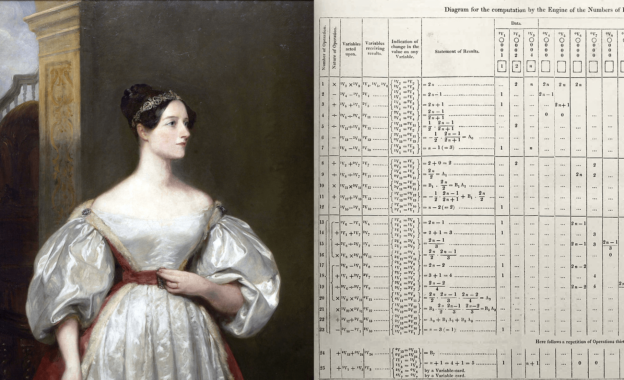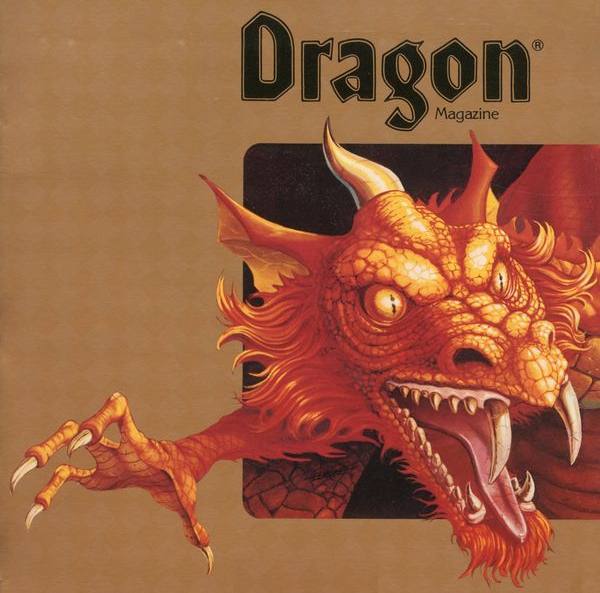rbenv and rvm are both Ruby version management tools. They allow users to install, manage, and work with multiple versions of Ruby on the same system. Here’s a comparison of the two to help you decide which might be better for your needs. Personally, I tend to use rbenv just because I’ve had better results with it, but that’s just me, and here I offer you an objective comparison.
Monthly Archives: October 2023

Ada Lovelace: Her Pioneering Contributions to Computing
In the annals of computing history, one name stands out not just for its early presence, but for its foresight into a future not yet realized: Ada Lovelace. Born in the 19th century, a time when women’s roles were traditionally confined to the domestic sphere, Lovelace’s intellectual prowess and vision marked her as a foundational figure in the realm of computer science.
Continue readingStep-by-step instructions to Load and Use a PPK File in PuTTY
If you’re venturing into the world of SSH and remote server administration using PuTTY, you might come across .ppk files, which are private key files used for authentication. Leveraging these key files can provide a more secure way to connect without relying on passwords. Here’s a step-by-step guide on how to use these .ppk files with PuTTY to establish a connection to your remote server.

Dragon Magazine in the 1980s: Crucible for Fantasy Gaming Culture
In the annals of tabletop gaming, few publications can claim as much influence and staying power as Dragon Magazine, particularly during its formative years in the 1980s. A sister publication to the more dungeon-delving Dungeon Magazine, Dragon focused on the broader aspects of role-playing games, especially those related to Dungeons & Dragons. Throughout the 1980s, Dragon Magazine was more than just a magazine; it was a crucible where gaming culture was shaped, refined, and expanded.
Continue reading
Impersonating Personalities: Camouflaging, “Masking”, and the Masks Worn by Individuals with Asperger’s Syndrome and ASD
In a world that often values conformity over authenticity, many individuals feel compelled to “mask” their true selves to fit societal norms. This phenomenon, poignantly highlighted by Jean-Paul Sartre’s reflection on impersonating personalities, finds a profound resonance among those with Asperger’s Syndrome and other Autism Spectrum Disorders (ASD). Dive into an exploration of the challenges, emotions, and experiences behind the masks worn by these individuals, and understand the deeper implications of what it truly means to fit in.
Continue readingVoices Through Time: Chronicle of Freedom of Speech
From the ancient agora of Athens to the digital forums of today, the concept of freedom of speech has been a pivotal cornerstone of human civilization. Tracing its evolution provides insight into society’s values, challenges, and the ceaseless struggle for individual rights.
Continue reading
Rowan Atkinson, the Reformation of Section 5, and the Enduring Importance of Free Speech
At the crossroads of legislation and liberty, the push and pull between the right to express oneself and the responsibility of society to ensure harmony have often been contentious. The debate around Section 5 in the UK and its subsequent reform underscores this tension. While ensuring protection against discrimination and violence is imperative, delineating the boundary between hate speech and free speech is not always straightforward. Here, we embark on a journey through this legislative transformation, delving into the philosophical foundations and real-world implications of free speech.
Continue reading
The Art of Expression: Ian McEwan’s Stand Against Sensitivity Readings and the Importance of Unfiltered Literature
Acclaimed novelist Ian McEwan voices a resonant concern about the modern literary world’s drift towards self-censorship through sensitivity readings. As literature stands at the crossroads of authenticity and external filtering, we delve into the critical balance between preserving artistic integrity and navigating the nuanced terrains of societal sensibilities.
Continue reading
Bridging DISC and Gallup Strengths: A Comparative Analysis and Mapping
In the world of personality and strengths assessment, both the DISC profile and Gallup’s CliftonStrengths (formerly known as StrengthsFinder) have carved significant niches. These tools offer unique insights into individual behaviors and strengths, assisting in personal development, effective team dynamics, and leadership strategies. But how do these two models relate, and can they be coherently mapped onto each other? Here’s an exploration.
Continue reading
Bridging Deloitte Business Chemistry and Gallup Strengths: A Comparative Analysis and Mapping
In the realm of professional development and team dynamics, Deloitte’s Business Chemistry and Gallup’s Strengths Model (often known as CliftonStrengths or formerly StrengthsFinder) stand out as two well-regarded assessment tools. Both aim to optimize workplace performance, but they approach individual personalities and strengths from distinct angles. Here’s a closer look at how the two might be mapped onto each other.
Continue reading